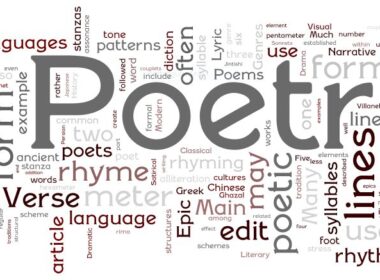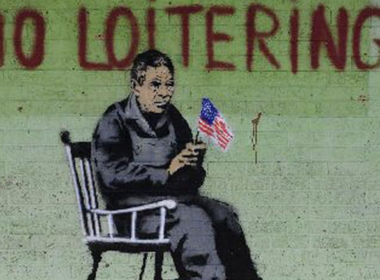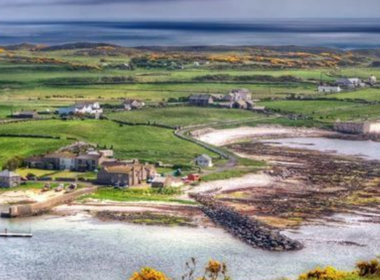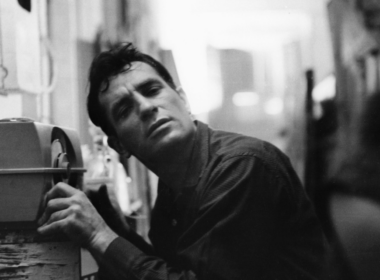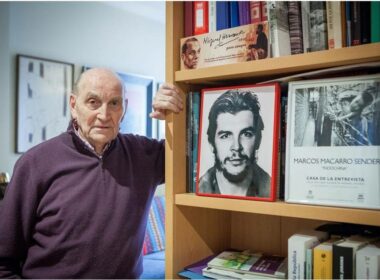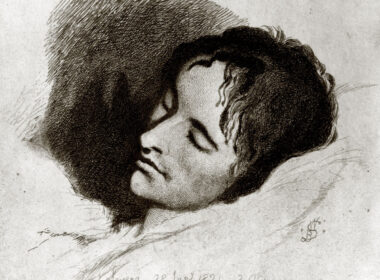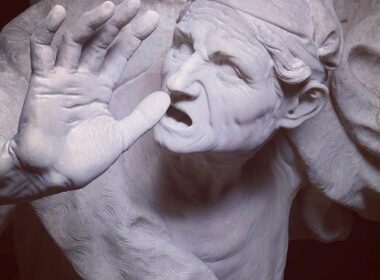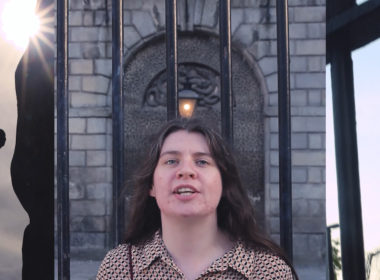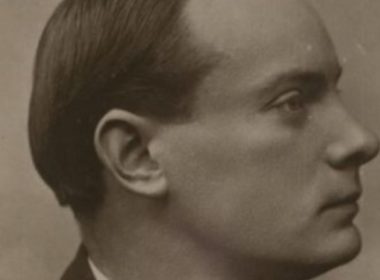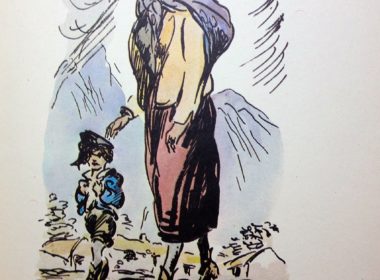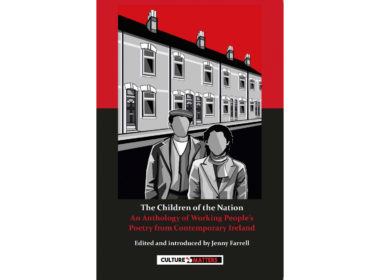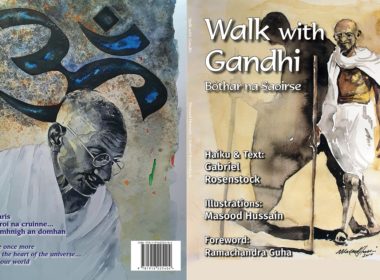Gaza is now 50 million tons of debris How do you measure 50 million tons of debris? How do you weigh 50 million tons of debris? Go teach our children! 50 million tons of debris […]
Tag: poetry
Poetry for the Many
Jeremy Corbyn and Len McCluskey, OR Books, New York and London, 2023 Poetry for the Many is a remarkable publication by two prominent British socialists, Jeremy Corbyn and Len McCluskey, whose public roles might not immediately suggest a foray into poetry. Corbyn and McCluskey are both well-known for their political […]
Poetry
To Burn or Not to Burn is a bilingual tanka (5-7-5-7-7 syllables) by Gabriel Rosenstock in response to artwork by Banksy. To Burn or Not to Burn tá sé ag éirí fuarníl mórán fágtha le dóbratach mo thíre?tar éis a bhfuil déanta aiciar mo shonsa ‘is ar son an domhain! […]
Rathlin Poet: “The War Game”
Living on Rathlin Island, six miles from Ballycastle in North Antrim, Mary Cecil ponders life and chronicles her thoughts in poetic form. “The Rathlin Poet”, as she is known, has penned a great many poems, including anti-war verses: hardly surprising for the daughter of a soldier psychologically scarred during service […]
Three tanka by a radical American writer
Three bilingual tanka (5-7-5-7-7 syllables) by Gabriel Rosenstock “Kerouac 1” was written in response to a seldom-cited socialist manifesto by Jack Kerouac (1922–1969), novelist and haiku master: “Shorter hours will provide the labourer with a new desire to live, not to be a productive animal, but to have time to […]
A poet who fell foul of Franco
Poems from Prison and Life by the Spanish communist poet Marcos Ana (1920–2016), translated by David Duncombe and published by Smokestack Books, fills one with hope and despair. Hope comes from the motto found in the author’s note to the book: To live for others is the best way of […]
John Keats: A revolutionary romantic
George Bernard Shaw wrote: “Keats achieved the very curious feat of writing a poem of which it may be said that if Karl Marx can be imagined writing a poem instead of a treatise on Capital, he would have written Isabella.” The 200th anniversary of Keats’s death this month is an opportunity to celebrate this revolutionary romantic.
Writing at a time of plague
The Black Death was the most devastating pandemic ever recorded, resulting in the death of between 75 and 125 million people. It reached its peak in Europe between 1347 and 1351, having come on Italian merchant ships from Asia via the Silk Road. In fact the idea of quarantine originates […]
Power: Aude Lorde
The recent demonstrations that began in Minnesota following the murder of George Floyd by a white cop are not only a continuation of the past seven years of the Black Lives Matter movement but of decades of struggle by black people against a racist police force, which functions to uphold […]
Poem – Believe in the working people
It is belief in the working people that will tear down this sham democracy It is belief in the working people that must be our philosophy It is belief in the working people that martyred James Connolly who believed that without a socialist state 1916 was for nothing who believed […]
The wayfarer
THANKS TO the current pandemic, Ireland was unable to publicly remember the Easter Rising of 1916, its aspirations for an independent socialist republic, its heroic leaders. Many of these leaders were poets and writers. Patrick Pearse’s poem “The Wayfarer” was written on the eve of his execution, in Kilmainham Gaol.
The beauty of the world hath made me sad, This beauty that will pass; Sometimes my heart hath shaken with great joy To see a leaping squirrel in a tree,
Or a red lady-bird upon a stalk, Or little rabbits in a field at evening, Lit by a slanting sun,
A grieving woman resolves to liberate Ireland
The most famous, fabled and fêted Irish filí (poets) are male. The reasons lie clearly in patriarchal class society. All the more reason for us to seek out the female representatives of a skill that in the old Irish days was associated with prophesying or “seeing,” in fact the Irish […]
A first anthology of working people’s poetry
Jenny Farrell (editor), The Children of the Nation: An Anthology of Working People’s Poetry from Contemporary Ireland (Newcastle upon Tyne: Culture Matters, 2019).
This anthology deals with the identity of the working class, the marginalised, people in precarious employment, the unemployed, the homeless. The title of the collection recalls the pledge made in the Proclamation of 1916.
Walking with Gandhi
Gabriel Rosenstock, Walk with Gandhi / Bóthar na Saoirse, illustrated by Masood Hussain (Dublin: Gandhi 150 Ireland, 2019, paperback, hardback, and Ebook).
This is a beautiful book to commemorate the 150th anniversary of the birth of Mohandas Karamchand Gandhi on 2 October 1869. The book is a collection of haiga—a style of Japanese painting often accompanied by a haiku poem.
Thanks, capitalism!
Thanks, capitalism. You started off all right and all, but I’m afraid you have to leave! You’ve eaten, binned or hidden all the food, you’ve drunk all the drink or poured it down the sink, you’ve blocked all the toilets and used up all the paper. You’ve left the taps […]
Ye are many—they are few Percy Bysshe Shelley and the struggle against tyranny
On 16 August 1819 tens of thousands of working men and women demonstrated at a place known as St Peter’s Field in Manchester, demanding reform and the repeal of the Corn Laws. The yeomanry and then hussars were ordered to attack, killing eighteen people and injuring more than four hundred. With the recent memory of the Battle of Waterloo, this slaughter went down in history as Peterloo. Shelley reacted with one of the earliest works of socialist literature, his famous ballad “The Mask of Anarchy.” This month we mark the 200th anniversary of those events and of Shelley’s great poem.


